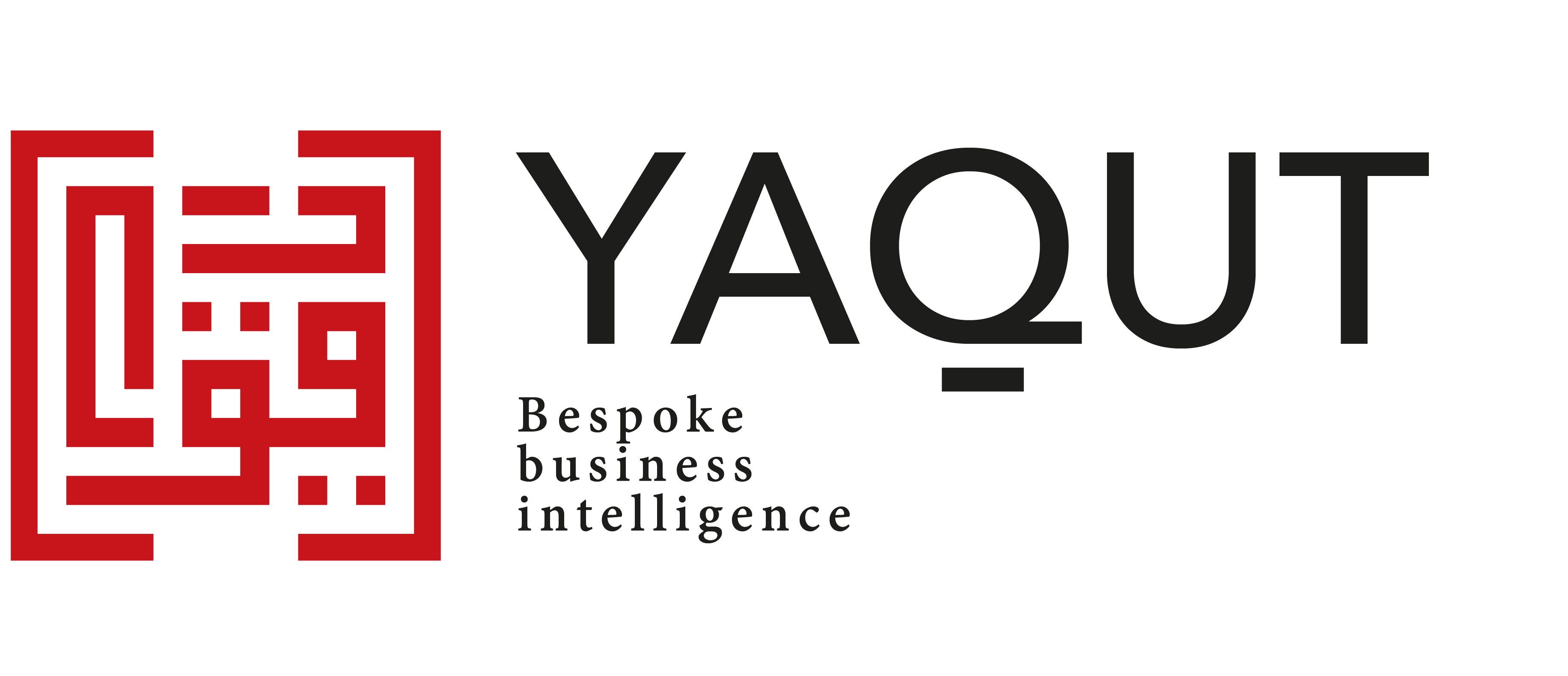COVID-19: WILL THE MIDDLE EAST AND NORTH AFRICA GO HUNGRY?
With the Covid-19 pandemic wreaking havoc with global supply chains and prompting local outbreaks of hoarding and panic buying, there are mounting concerns that some Middle East and North African countries might soon be facing food shortages.
Take Saudi Arabia. On April 6th a Saudi airlines pilot tweeted that his plane was about to take off from Nairobi, Kenya, “loaded with fruits, vegetables and meat for our beloved country”[1] — immediately raising speculation that Saudi Arabia was running out of food supplies and had been compelled to import fruit and vegetables from Kenya by air freight. The pilot’s Twitter account has since been deleted, which has naturally only compounded the speculation that he had revealed something he should not have. On April 12th the Saudi Trade Ministry ordered supermarkets to end all promotional offers on nine basic foodstuffs “in order to preserve existing stocks and prevent shortages”.[2]
In the UAE, Dubai’s Emirates airline has been busy airlifting food supplies in from Pakistan[3], while the federal government in Abu Dhabi issued a law on March 31st to “secure food supplies”, giving the Ministry of Economy extended powers to monitor the inventories of retailers and distributors.[4]
Meanwhile private sources in one Gulf capital quote senior officials as saying they fully expect food shortages to hit both Kuwait and Qatar “soon”.
In Egypt, a country of 100 million that imports 60% of its wheat and 95% of its cooking oil, there have been reports of shortages and soaring prices of meat, eggs and other foodstuffs. The Egyptian government recently banned exports of certain types of legumes (the local fava beans, known as fool, a staple for millions of Egyptians) to secure supplies for the domestic market.[5]
And in Algeria, President Tebboune has been struggling to reassure the public amid reports that durum wheat semolina, the stuff of couscous, the local staple, has gone missing from the shelves.[5]
Of course, in times of crisis, real or perceived, no country is immune to self-fulfilling prophecies of food shortages that send anxious consumers en masse to the stores, thereby causing the very shortages they so fear — as anyone who wanted to buy toilet paper or pasta in the United Kingdom as of mid-March, for example, can testify. But in many countries of the MENA region, the problems run far deeper.
The stark reality is this: most countries of the Middle East and Africa have a structural problem of food security, with the region as a whole importing about 57% of the calories consumed domestically (in particular wheat and other grains, dairy products and other sources of protein). The figures vary from country to country and are of course particular severe in the GCC countries who, with little arable land and extremely limited water resources, have to import as much as 85% of their food. But the problem also affects some of the larger countries in the region that have serious agricultural potential, such as Iraq or Algeria, blighted each in their own particular ways by the so-called ‘resource curse’, compounded by disastrous government policy choices and rapidly growing populations.
The Covid-19 pandemic has thrown this underlying problem into stark relief. Not only global logistics but agricultural production itself have been slowed and disrupted, pushing many major producers of agricultural goods to limit exports in order to protect their own supplies. India and Vietnam have restricted exports of rice, Kazakhstan is holding on to its wheat, and there is speculation that Russia and Ukraine, massive exporters of grain, might follow suit.[6] There is consequently a real danger that countries that rely on imports may find their food situation strained. Smaller, richer countries like Gulf principalities might be able to weather the crisis, even if that means buying foodstuffs at unusually high prices on the international market, flying it in and selling it at subsidised prices to local consumers. MENA countries with larger populations, such as Iraq and Algeria — or even Egypt, an exporter of certain agricultural goods but, crucially the world’s largest importer of grain to make the subsidised bread on which the country’s poor rely — are likely find it a struggle to keep shelves and bellies full. Especially if, as seems likely, the catastrophic slump in the price of oil persists.
[1] https://twitter.com/MohammedAWADDA/status/1247224912407904260
[2] https://www.okaz.com.sa/economy/na/2019243. The Ministry has banned promotional offers on “flour and its derivatives, rice, sugar, cooking oils, meats, poultry, powder milk, tea, coffee”.
[3] https://www.24newshd.tv/09-Apr-2020/emirates-plane-airlifts-62-ton-food-supplies-from-karachi-to-dubai
[4] https://www.thenational.ae/uae/government/uae-president-approves-law-to-secure-food-supplies-in-emergencies-1.999369
[5] https://www.aljazeera.net/news/ebusiness/2020/4/9/تحقيق-للجزيرة-نت-كيف-تعاملت-الدول-العربية-مع-أمنها-الغذائي-مع-كورونا
[6] https://www.washingtonpost.com/world/as-borders-harden-during-pandemic-some-countries-look-to-hold-onto-their-own-food/2020/04/08/385600e4-7459-11ea-ad9b-254ec99993bc_story.html
